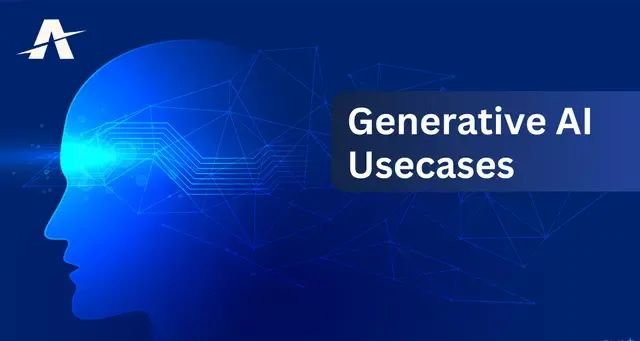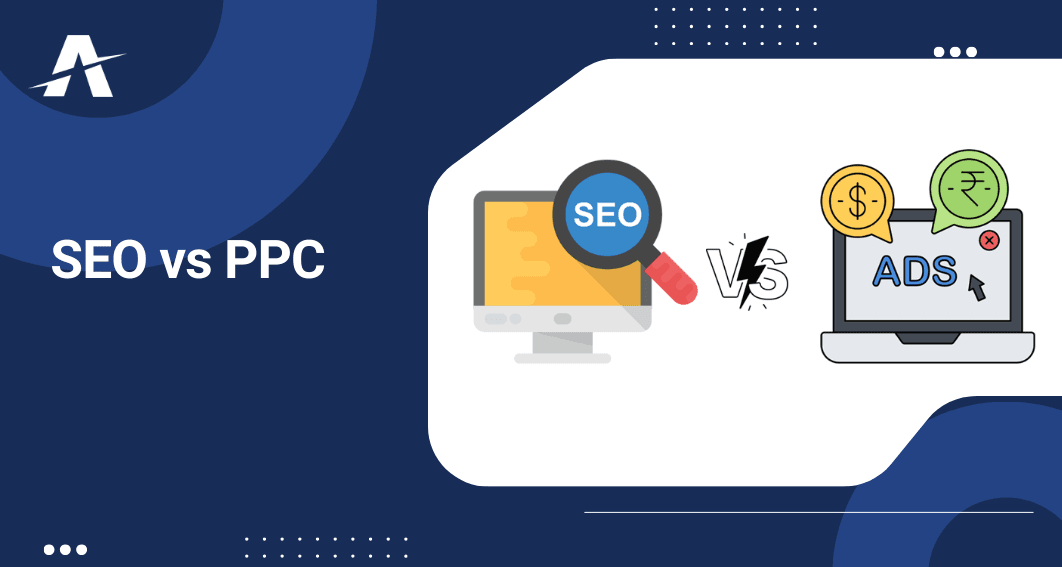
Generating traffic is essential for the success of any online venture, and it’s widely accepted that traffic is the lifeblood of online businesses. While there is little debate on this matter, there is a lot of discussions about which approach is better for generating traffic – SEO or PPC.
SEO (search engine optimization) and PPC (pay-per-click) are both powerful methods for driving visitors to a website, but they differ in techniques and methodologies. Each approach can be effective under certain circumstances, but one may be more challenging to use than the other in specific situations.
To maximize their potential, marketers should understand the strengths and limitations of both methods and use them appropriately depending on the optimal conditions. Let’s understand What is SEO and PPC and the difference between SEO vs PPC which will eventually.
What is SEO?
SEO stands for search engine optimization, which refers to the process of improving your website’s visibility and ranking on search engines to attract organic traffic. By optimizing your website for relevant keywords, you increase the chances of your target audience finding you when they search for related products or services on search engines like Google or Bing. SEO is a crucial inbound marketing strategy, with 61% of marketers citing it as a top factor for their business. However, implementing effective SEO techniques can be challenging.
PROS OF SEO
Cost-effective: SEO is cheaper in the long run compared to PPC. While it may require time and money to invest in SEO, once your content starts to rank and attract organic traffic, you no longer have to keep spending money to make your target audience see it. Additionally, organic traffic is scalable and cost-effective.
Target audience at different funnel stages: SEO allows you to create content that targets each segment of your audience at different stages of the sales funnel. This can increase the chances of visitors moving to the next step of the funnel when they browse your content.
Stable traffic: Search traffic is stable and predictable once you rank on Google. Unlike PPC, there is no off-and-on switch with SEO, and your website will continue to receive traffic as long as you keep optimizing it.
Brand authority: Consistently appearing on search results for relevant keywords can help build brand authority and trust with your target audience. It also signals to search engines that you are an expert in your field, which can lead to more backlinks from other trusted sites and improve your rankings.
CONS OF SEO
Algorithm Changes: Search engine algorithms, especially Google’s, are constantly changing, which means you need to keep a close eye on your marketing strategy and adapt to these changes.
Regular optimization required: SEO is an ongoing process that requires regular optimization of your content and web pages to maintain your rankings. This includes refreshing old articles and removing outdated links.
Slow results: SEO takes time to show results, especially if your website or domain is new. It may take several months or even years to see significant improvements in your rankings.
High-level skills required: SEO requires high-level skills and expertise, especially if you’re not hiring a professional. You need to understand your audience’s goals and create quality content that meets their needs to optimize your site properly for search engines. This can be time-consuming and overwhelming for business owners who need to juggle multiple responsibilities.
Despite these drawbacks, implementing an SEO strategy can help generate revenue for your business in the long run.
What is PPC?
PPC or pay-per-click, which is a form of online advertising where advertisers pay each time a user clicks on one of their ads. In PPC advertising, advertisers bid on specific keywords or phrases that are relevant to their target audience. When a user types in one of these keywords, the search engine displays the advertiser’s ad at the top or bottom of the search results page. The advertiser only pays when a user clicks on their ad, hence the name pay-per-click. PPC advertising can also take place on social media platforms, display networks, and other websites, and it can be an effective way for businesses to reach their target audience and drive conversions.
Pros of PPC
Quick results:PPC campaigns can provide results within a few hours, unlike SEO strategies, which may take several months to show results.
Higher visibility:PPC ads appear above organic rankings, giving your website a top position on the search engine results page and increasing the likelihood of users noticing and clicking on your website.
Precise targeting:PPC campaigns allow you to target specific audiences based on factors such as geography, age, marital status, interests, and more.
A/B testing:With PPC, you can run two different ads simultaneously and compare their performance to determine which ad elements work best for your target audience. This allows you to quickly optimize your ads for better results.
Cons of PPC
High costs:Running a PPC campaign can be expensive since you have to pay for every click on your ad. Once your budget runs out, your traffic stops. Additionally, certain industries with high competition, like legal or insurance, can drive up the cost of a single click to as much as $40.
Lower profit margins:While PPC campaigns can bring in quick wins, they tend to have lower profit margins in the long term. As a “pay to play” system, customer acquisition costs (CAC) can continue to increase without a corresponding increase in product or service prices.
Ad fatigue:Ad platforms like Google have rules that limit the control you have over your ads, resulting in the ad copy that can become stale and similar to your competitors. This can make it easy for your audience to quickly pass over your ad without engaging with it.
SEO vs PPC – Which is Better?
When it comes to the debate between SEO vs PPC, the answer to which is better is not black and white. It’s more like asking which utensil is better, a fork or a spoon – it depends on what you’re eating.
Similarly, the effectiveness of SEO and PPC depends on the situation. There are specific scenarios where SEO is a better choice and other situations where PPC is the more appropriate option.
If your marketing budget is limited, and you aim to establish your brand authority, SEO is the way to go. SEO is also suitable for businesses seeking a long-term ROI and wanting to create content that targets their audience at various stages of the sales funnel.
On the other hand, PPC is the better option if you need to see quick results. For instance, if you have a new product that you want to promote, PPC is a better way to get the word out. It’s also a good choice if you’re advertising a time-sensitive offer like a holiday sale or want to drive traffic to a specific sales or landing page.
How to Make SEO and PPC Work For You
Combining SEO and PPC strategies can yield better results for your business than using either one independently. Here are some ways to make the most of both:
Use retargeting ads:Retargeting ads can be an effective way to reach out to visitors who have previously visited your site but did not make a purchase. By using retargeting ads, you can prompt them to return to your site and make a purchase.
Promote your website content with social media ads:Social media ads can give your website content a quick boost by increasing its visibility and potentially acquiring backlinks that can improve your organic search rankings. Promoting your latest blog post, guide, report, or case study on social media can also help with content distribution.
Collect data from ads to improve your SEO strategy:PPC campaigns provide access to a wealth of data, such as keyword search volumes, competitor bidding, and the highest converting calls-to-action. By leveraging this data, you can create better SEO strategies with less effort.
Conclusion
In conclusion, the decision to use SEO or PPC depends on your unique business needs and goals. Carefully weigh the advantages and disadvantages of each strategy before making a decision. For even better results, consider combining the two methods to maximize your business’s potential. Take the time to assess your options and create a plan that will help your business succeed in the long run.










